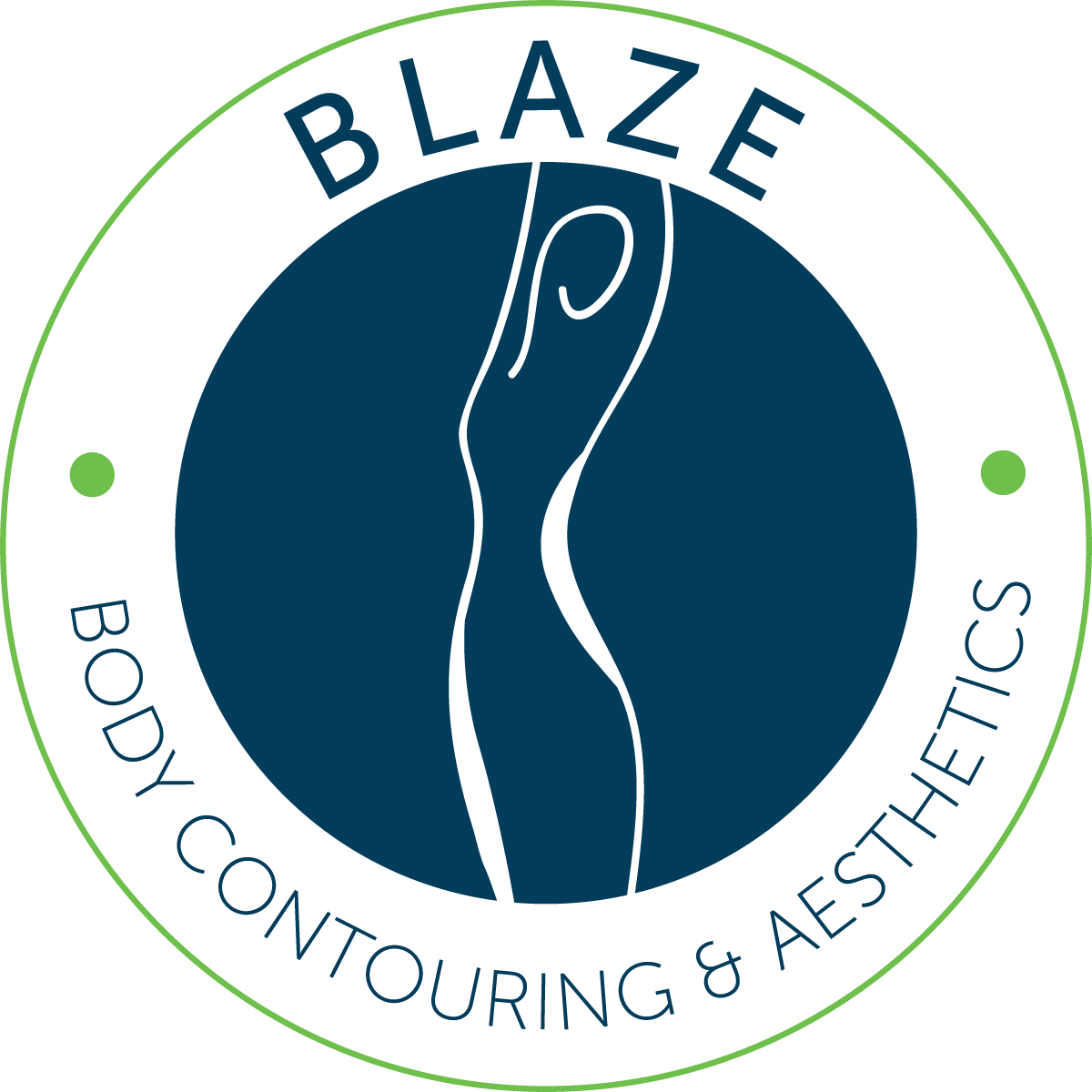Not Losing Fat May Not Be Related to Food Intake
Reducing body fat can feel like a struggle, especially if you’re expending energy through exercise and not seeing results. Our diet may also be consistently healthy and our body still refuses to let go of fat stores. Have you considered the inability to lose fat may stem from other reasons unrelated to food intake or workouts?
When we’re unable to lose fat while maintaining a healthy lifestyle, it’s time to dig deeper into the cause. Are you in a high-stress job or experiencing chronic stress from unfortunate life circumstances? Is your body just not feeling right, lethargic with tendency to illness? What’s going on with your social life and alcohol intake? Could it be possible you are still not eating right for fat loss? Looking at the not-so-obvious reasons fat has the upper hand will be necessary in order to start the shedding process.
Stress and Fat Loss
We all have stress in life, but it can become a chronic problem negatively affecting our thoughts, behaviors, and overall health. Research indicates continual stress is a problem for many individuals and has adverse health effects. Ongoing stress is shown to cause over stimulation of the adrenal glands to release chemicals (cortisol) in our body. Cortisol hormone is linked to weight gain and our inability to lose fat.
When stress is high and continual, exposure to cortisol is on overload. Other studies show “exposure to cortisol over the long term can lead to weight gain as your appetite and insulin levels are continuously increased.” This stress reaction is shown to play a large role in our bodies holding onto fat, especially around the abdomen.
Gut Bacteria Can Influence Being Fat
The answer to not losing fat may be the bacteria living in your gut. We all have good and bad gut bacteria, but when the scale swings more to the “bad” side, it can influence fat formation. It is suggested our metabolism is altered by the bad bacteria preferring to convert the food we eat to stored fat. Simple math dictates more bad bacteria, more fat. In order to improve our gut bacteria, it will be necessary to change our eating habits. Studies show consuming nutient-dense foods promotes healthy gut bacteria. By swapping out processed foods for healthier selections, we will be able to stimulate good gut bacteria and promote fat loss.
Alcohol Intake Inhibits Fat Loss
Studies have shown alcohol to suppress fat burning and interfere with normal metabolic processes. Happy hour doesn’t sound as appealing when it inhibits our ability to lose fat. The problem with alcohol consumption is typically lack of willpower. Many of us are not able to limit ourselves to one drink, especially in social settings. The empty calories contained in alcohol are processed differently in the body and do nothing but add inches to your waistline. If fat loss has been a struggle, reducing your alcohol intake may be a great place to make a change.
 Are You Really Eating Right?
Are You Really Eating Right?
You have been eating what you think is a healthy food plan and not seeing results in fat loss. What the heck is going on? Several things could be happening and taking an honest look at your food intake will be necessary. Not consuming enough calories could be a problem placing your body in starvation mode and reserving fat stores. Eating too many calories per day and larger portions may also be contributing to increased body fat. Are you falling for processed foods labeled fat-free and sugar-free thinking you have hit the motherlode for fat loss? Have you eliminated essential nutrients from your diet? These are just a few important questions to consider as you evaluate if you’re eating right for body fat reduction.
Bonus: Time to MOVE!
How much are you exercising per week and are you truly challenging yourself? Are you getting your sweat on? Is your heart rate up for at least 20-30 minutes per session? Exercise is linked to stress reduction, fat loss, and overall improved health. It is important to exercise at least 3 to 5 times per week in combination with a healthy nutritional program. Sedentary bodies lead to additional unwanted fat.
Sources:
Future Medicine, Microbiology, The relationship between gut microbiota and weight gain in humans, Vol. 7, No. 1, Pages 91-109, Emmanouil Angelakis et al., 2015
Health and Human Services Author Manuscript, Relationship between alcohol intake, body fat, and physical activity – a population-based study, Suthat Liangpunsakul, MD MPH et al., 9/10
Interested in Losing Weight, weight management strategies for success; nutrition.gov, 4/17/2015


Comments are closed